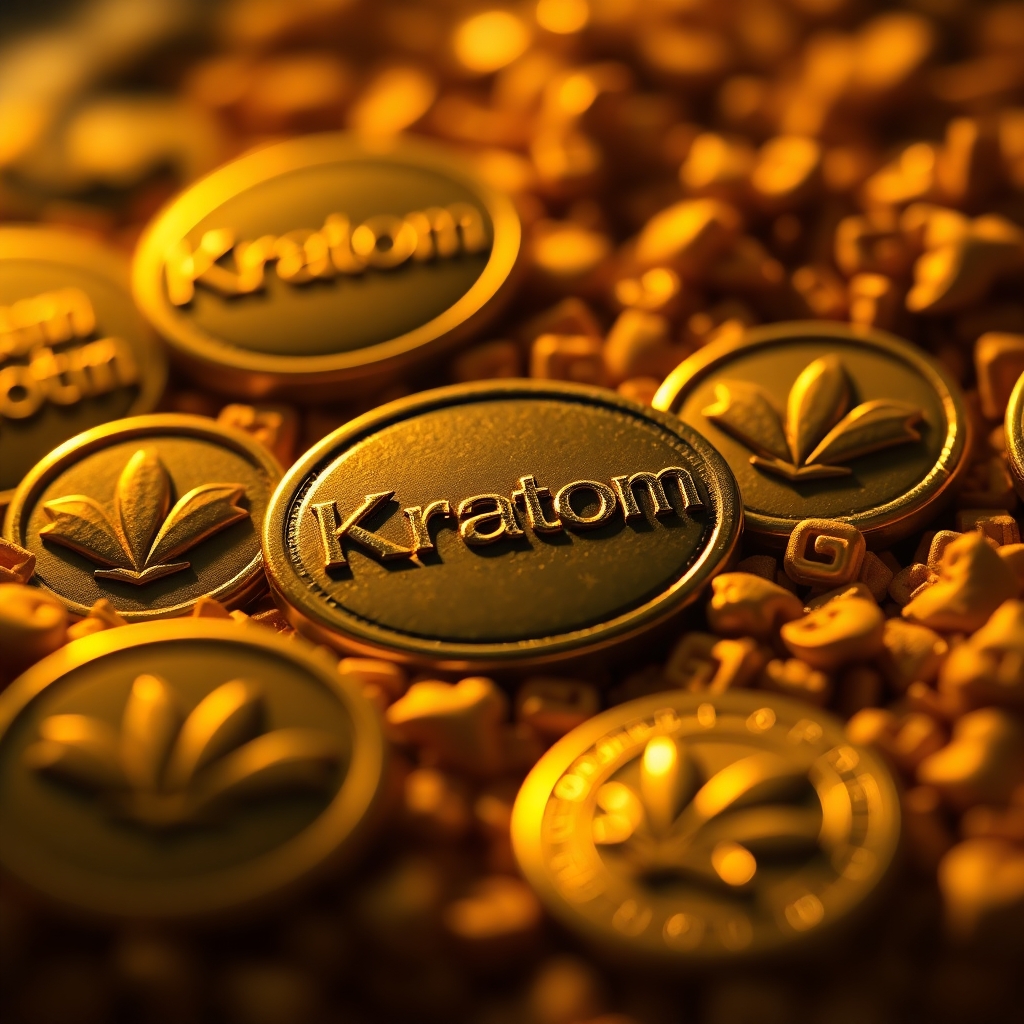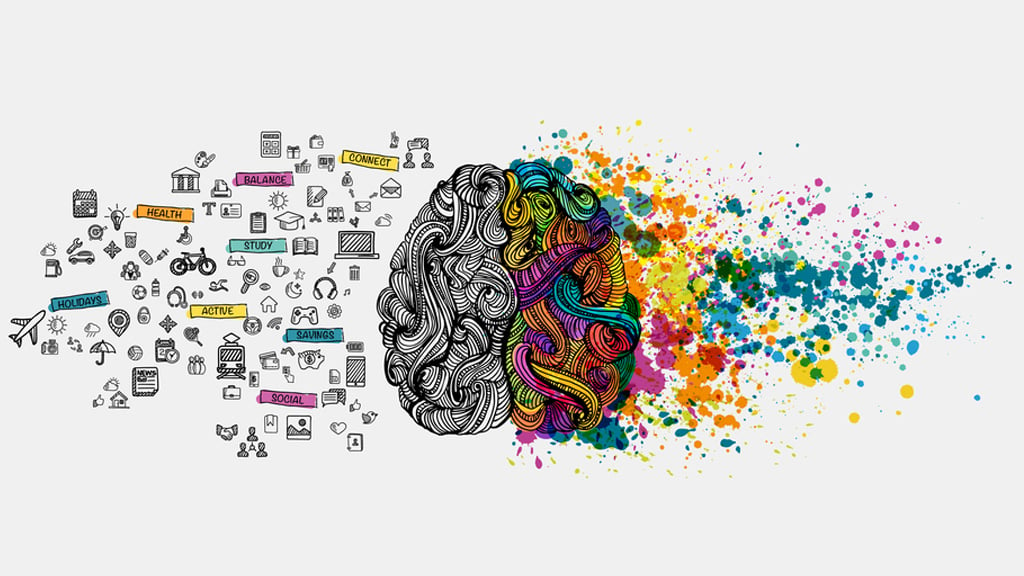Massage therapy has long been recognized for its physical benefits, including relaxation, pain relief, and improved circulation. However, growing evidence suggests that massage therapy also offers significant mental health benefits. The connection between mind and body is strong, and by targeting physical tension and stress, massage therapy can positively influence mental well-being. In this article, we explore the various ways massage therapy supports mental health, backed by scientific research and real-world examples.
The Connection Between Physical and Mental Health
Mental health is closely linked to physical health. Stress, anxiety, and depression can manifest physically in the body, leading to muscle tension, headaches, digestive problems, and sleep disturbances. Conversely, physical discomfort, pain, and tension can exacerbate mental health issues, creating a cycle of stress and discomfort. 서울출장마사지 can help break this cycle by relieving physical tension and promoting relaxation, which in turn supports better mental well-being.
Massage therapy plays a role in breaking this cycle. By addressing physical symptoms of stress and tension, massage can indirectly relieve the psychological burden associated with them, promoting mental relaxation and emotional well-being.
How Massage Therapy Improves Mental Health
1. Reduction of Stress and Anxiety
One of the most immediate and noticeable effects of massage therapy is stress reduction. Stress is a common factor that contributes to both physical and mental health issues, including anxiety disorders, depression, and sleep problems. Massage therapy helps reduce stress by lowering levels of cortisol, the body’s primary stress hormone, and increasing the production of feel-good neurotransmitters like serotonin and dopamine.
Research published in the Journal of Clinical Psychiatry shows that individuals who receive regular massage therapy experience significant reductions in cortisol levels, which leads to decreased feelings of anxiety. By promoting relaxation and reducing tension, massage therapy creates a calming effect that benefits both the mind and body.
2. Improvement in Mood and Emotional Balance
Massage therapy has been shown to boost mood and emotional well-being by stimulating the production of serotonin and dopamine, two neurotransmitters responsible for feelings of happiness and pleasure. These chemicals help regulate mood, reduce symptoms of depression, and improve overall emotional balance.
A study published in Complementary Therapies in Medicine found that participants who received regular massage therapy experienced improvements in mood, as well as reductions in symptoms of anxiety and depression. The study suggested that massage therapy can serve as an effective adjunct to traditional treatments for mood disorders.
3. Enhanced Sleep Quality
Sleep plays a crucial role in maintaining mental health, and poor sleep can lead to issues like irritability, cognitive decline, and increased stress. Massage therapy can improve sleep quality by promoting relaxation and reducing the physical symptoms that interfere with restful sleep, such as muscle tension and pain.
Research in the Journal of Alternative and Complementary Medicine found that massage therapy improved sleep quality in people suffering from insomnia, depression, and anxiety. By enhancing sleep, massage therapy supports mental health by giving the brain and body the rest they need to recover and function optimally.
4. Reduction of Depression Symptoms
Depression is a common mental health condition that affects millions of people worldwide. It can cause emotional distress, fatigue, and a general loss of interest in daily activities. Massage therapy can help alleviate some symptoms of depression by encouraging the release of endorphins, the body’s natural “feel-good” chemicals, and reducing levels of stress hormones.
A study published in Psychiatry Research demonstrated that massage therapy significantly reduced symptoms of depression in individuals with chronic mental health conditions. The findings indicated that massage not only provided immediate emotional relief but also had long-term positive effects on mental health.
5. Improvement in Self-Awareness and Mindfulness
Massage therapy encourages self-awareness and mindfulness, which are key elements in maintaining mental health. During a massage, the client is encouraged to focus on the sensations in their body, such as muscle relaxation, breathing, and tension release. This practice helps individuals stay present in the moment, reducing rumination on negative thoughts and stressors.
Studies have shown that mindfulness practices can reduce symptoms of anxiety and depression by shifting focus away from negative thoughts and emotions. Massage therapy acts as a form of mindfulness by grounding individuals in the physical experience, which can help reduce mental stress and promote a sense of calm.
6. Decreased Physical Symptoms of Mental Health Conditions
Many mental health conditions, such as anxiety, depression, and post-traumatic stress disorder (PTSD), manifest physically in the form of muscle tension, headaches, and digestive issues. Massage therapy addresses these physical symptoms, which in turn helps alleviate mental distress.
For example, individuals with PTSD often experience hyperarousal, muscle tension, and insomnia. Studies have shown that regular massage therapy can reduce these symptoms, leading to improvements in mood and emotional stability. By treating the body, massage therapy indirectly supports the mind.
Types of Massage Therapy That Benefit Mental Health
Different massage techniques offer specific benefits for mental health. Some of the most effective methods include:
- Swedish Massage: Known for its gentle strokes and focus on relaxation, Swedish massage is ideal for reducing stress and promoting overall well-being. It helps calm the nervous system, making it particularly beneficial for individuals experiencing anxiety or depression.
- Deep Tissue Massage: Deep tissue massage targets chronic muscle tension, which is often linked to stress and anxiety. By addressing deep-seated physical tension, this massage type can help release built-up stress and improve emotional balance.
- Aromatherapy Massage: Combining massage with the use of essential oils, aromatherapy massage can enhance relaxation and improve mood. Scents like lavender and chamomile are known for their calming properties, making this technique particularly helpful for stress reduction and improving sleep.
- Reflexology: Reflexology involves applying pressure to specific points on the feet, hands, and ears that correspond to various parts of the body. This method can promote relaxation and balance, reducing symptoms of stress and anxiety.
- Shiatsu Massage: This Japanese form of massage uses finger pressure to stimulate the body’s energy pathways, or meridians. Shiatsu is believed to balance the body’s energy, helping to reduce tension and improve mental clarity.
The Role of Massage in Holistic Mental Health Care
Massage therapy is increasingly being recognized as an important component of holistic mental health care. While it may not replace traditional treatments like therapy or medication, massage can complement these approaches by addressing the physical aspects of mental health. For individuals experiencing chronic stress, anxiety, or depression, regular massage therapy sessions can serve as a valuable tool for managing symptoms and improving overall quality of life.
Incorporating massage therapy into a comprehensive mental health care plan can offer several benefits:
- Stress management: Massage helps individuals cope with stress by promoting relaxation and reducing physical tension.
- Emotional support: The soothing touch of massage can provide comfort and emotional relief, especially for those dealing with loneliness or emotional distress.
- Improved coping mechanisms: By reducing physical symptoms and promoting relaxation, massage can improve an individual’s ability to cope with mental health challenges.
Conclusion
Massage therapy supports mental health in numerous ways, from reducing stress and anxiety to improving sleep and emotional well-being. By addressing the physical symptoms associated with mental health conditions, massage therapy provides a holistic approach to mental well-being. As research continues to uncover the science behind the mind-body connection, it is clear that 잠실출장안마 offers a valuable and natural method for improving mental health and overall quality of life.
FAQs
- Can massage therapy help with anxiety disorders?
Yes, massage therapy has been shown to reduce anxiety by lowering cortisol levels and promoting relaxation. Regular sessions can be particularly beneficial for individuals with anxiety disorders.
- Is massage therapy a substitute for medication in treating mental health issues?
Massage therapy should not be used as a sole treatment for mental health conditions. It is best used as a complementary therapy alongside traditional treatments like medication and psychotherapy.
- How often should I get a massage to see mental health benefits?
The frequency of massage therapy sessions depends on individual needs and symptoms. For chronic stress or anxiety, weekly or biweekly sessions may be beneficial.
- Can massage therapy improve sleep?
Yes, massage therapy promotes relaxation and reduces muscle tension, which can improve sleep quality and duration.
- What type of massage is best for mental health?
Swedish massage, aromatherapy massage, and deep tissue massage are particularly effective for reducing stress and promoting relaxation, making them ideal for mental health support.



